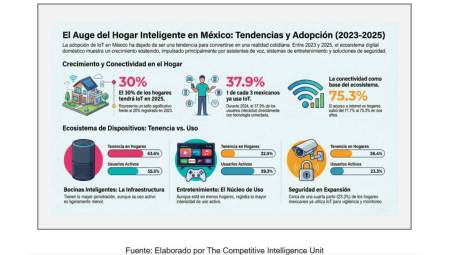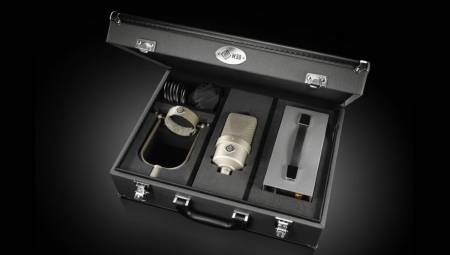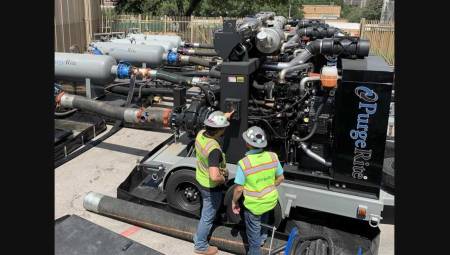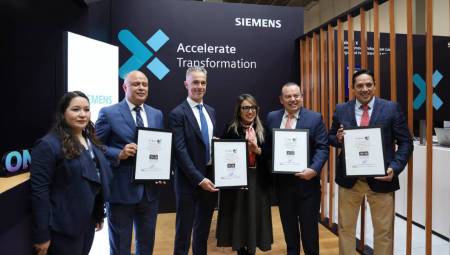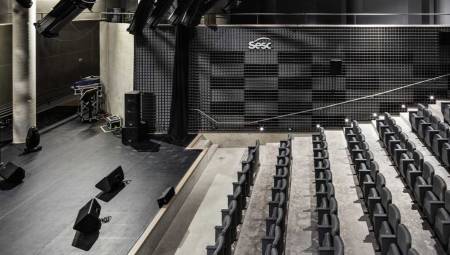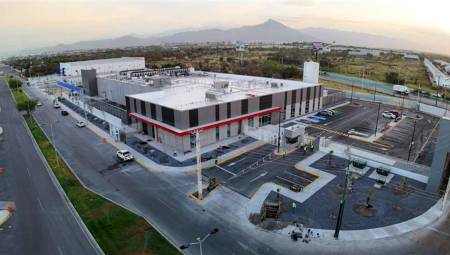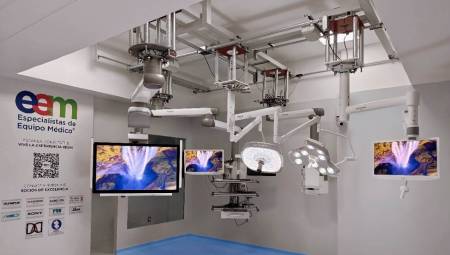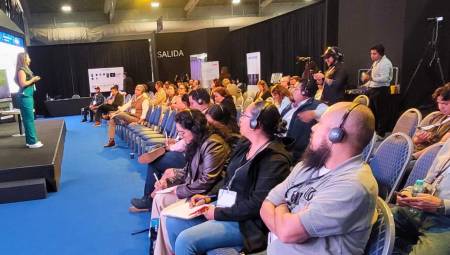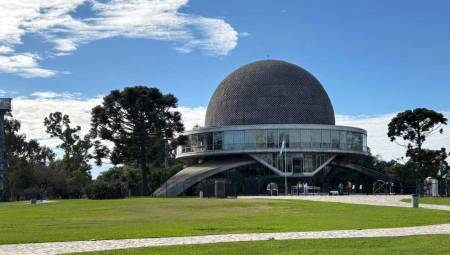Colombia. Carbon footprint management and energy consumption optimization have become more important in the day-to-day life of MSMEs in the country, thanks to the good results they generate in terms of savings, profitability and environmental impact.
An analysis of the results obtained by MSMEs served by the Ministry of Commerce, Industry and Tourism, through Colombia Productiva, showed that implementing energy efficiency measures – which contribute to reducing the emission of greenhouse gases, that is, the carbon footprint – can generate average annual savings of up to $60 million.
Among these measures are the implementation of good operational practices and energy consumption efficiency indicators, as well as the replacement or optimization of luminaires and heat and cold preservation equipment, among others.
Also, measures such as preventive maintenance and optimization in the use of machinery to avoid energy waste, and the acquisition of new technologies such as intelligent control equipment, panels and solar heaters.
This is how companies save
The analysis identified that energy or raw material consumption can account for up to 35% of a company's production costs, depending on its economic activity.
Reducing these consumptions helps to reduce greenhouse gases (GHG), but also to reduce production costs.
For example, when analyzing the results of MSMEs that have worked in the Energy Efficiency and Environmental Sustainability lines of the Productivity and Sustainability Factories program, between August 2022 and May 2025, an average reduction of 23.8% in energy consumption associated with production and 25% in energy costs was found.
These reductions represent, respectively, about $50.5 million and $9 million in average annual savings, demonstrating that working on reducing GHG emissions also reduces production costs.
Additional analyses of MSMEs that have participated in other programs led by the MinCIT, through Colombia Productiva, such as 'Sustainable Productive Bets' and 'Green Productivity', show how simple actions also help to reduce emissions and optimize the consumption of resources such as energy and water.
For example, micro and small companies that implemented solar panels or made improvements to their machinery stopped emitting an average of 4.38 tons of CO2 per year. This is equivalent to the gases that a gasoline car emits over a 35,000-kilometer journey (one ton of CO2 is equivalent to the gases expelled by a gasoline-powered car over 8,000 kilometers). In addition, they achieved an average reduction of 46.24% in energy or water consumption associated with production.
These benefits are also reflected in an increase in productivity and in a differential aspect that increases the added value and competitiveness of companies in the market.
Enterprise Carbon Footprint Calculator Now Available
In order to support MSMEs in measuring their environmental impact, through the carbon footprint, the Ministry of Commerce, Industry and Tourism and Colombia Productiva launched the Business Carbon Footprint Calculator.
This tool allows companies to measure and evaluate the greenhouse gas emissions generated by their activities at two levels:
Direct emissions: those that come from sources that are owned or controlled by the organization, such as the burning of fuels in boilers, vehicles, and industrial processes.
Indirect emissions: those derived from the generation of electricity, heat or steam that the organization buys and consumes.
In this way, entrepreneurs will be able to understand the environmental impact of their operations and have valuable information to define strategies to reduce their greenhouse gas emissions and increase their productivity.
The calculator can be easily downloaded free of charge on the Colombia Productiva website.











